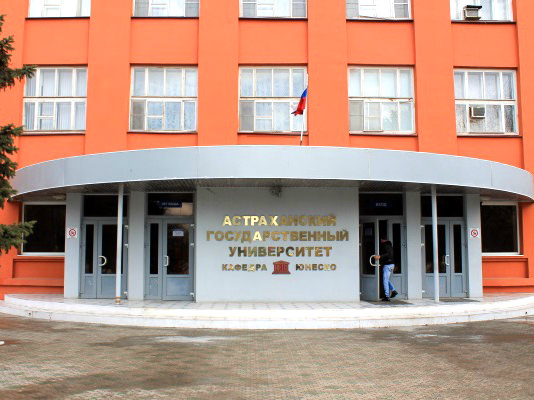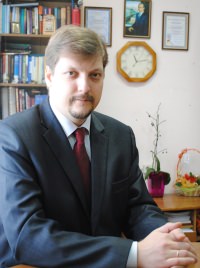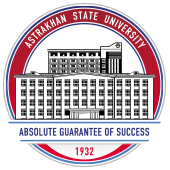Learn More about International Relations of ASU
 27.10.2015
27.10.2015
From Sept. 27 to Oct. 12, 2015, the Internet Conference “International Activities of Astrakhan State University” has taken place. Dr. Nikolay Khurchak, our Vice Rector for International Relations, has been acting as our main consultant in this field.
 In what foreign countries could I join the master program “Information Systems & Technologies”?
In what foreign countries could I join the master program “Information Systems & Technologies”?
This specialty is spread quite widely in a number of EU universities. We have regular relations with a number of French universities. For example, we are delivering a joint master program in this very sphere with the University of Nice Sophia-Antipolis. This specialization is also popular among our Oriental partners – Kanagawa University (Japan) and Dongseo University (South Korea). By the way, ASU has signed an agreement to join the Educational Platform of Asia in August 2015, which makes it possible for our students to study various courses, including those related to the ICT, right online. This form of studies has been arranged by Dongseo University. All the classes are delivered in English.
What countries does ASU cooperate with? Why these very countries?
We have partners in France, in Italy, in Germany, in the USA, in Japan, in China, in Iran, in Kazakhstan, in Azerbaijan, in Kirgizia, in Tajikistan, and in some other countries.
As you can see, the geography of our cooperation is quite wide; we operate both westwards and eastwards. Our choice of these countries is due to the development concept of our international interaction: our participation in joint international projects, international conferences, etc.
Do your foreign students study in the same groups as their Russian peers?
Yes, our foreign students study together with their Russian peers – this is the policy of our University. It helps foreigners adapt to their accommodation conditions and to their studies quicker and easier. It also speeds up their mastering the Russian language. By the way, our foreign students who study on self-paid terms pay the same fees for their studies and for their hostel accommodation. Besides, our University is constantly improving its educational process, and our foreign students contribute to that a lot: they share their experience of studying at foreign universities; they tell us about techniques of teaching and estimating students’ knowledge; they also make us aware of various technologies of interaction between professors and their students.
Do you have Chinese language courses?
Our Department of Foreign Languages offers a wide range of both European languages (English, French, German, Italian, and Spanish) and Oriental ones (Farsi, Japanese, Chinese, Arabic, Turkish, Azerbaijani, and Kazakh).
Can your alumni work in other countries?
Yes, our alumni can work abroad in accordance with the qualification that they obtained at our University. It often requires passing through the procedure of legal acknowledgement of their diplomas. I would recommend anyone who plans to work or continue their studies in the EU upon graduation of our University to obtain a European Union appendix to their diplomas issued at ASU. It makes it easier to have their diplomas acknowledged in Europe legally, as it is already an officially translated appendix to their main diplomas, which confirms the obtained level of education. It also informs European officials of Russia’s educational system and indicates what qualification its holder has obtained. All the necessary information is available on the official web portal of Astrakhan State University (see the section “International Activities / European Union Appendix to Diploma”.
Do your international activities imply just your cooperation with foreign universities?
Our international activities imply far more than just cooperation with foreign universities. Those are versatile and diversified activities, which include interaction with various organizations, such as ministries of education of the corresponding foreign countries, embassies, consulates, Russian centers of science and culture located outside our country, companies that assist in organization of contacts and travels abroad, etc.
Our international activities also imply promoting the Russian education in general and our educational programs outside our University in particular, development and realization of joint master programs, search for new partners, provision of the right conditions for our students’ and faculty staff’s academic mobility, invitation of foreign lecturers, assistance to our students and professors to cover international practical training programs, issuing the EU appendices to our alumni’s diplomas, and many other things.
Does your University cover costs for its students’ practical training abroad?
It does not, but it helps them find a grant or a scholarship to cover their costs at least partially, or even completely.
Russian original information source: the University Web Resources Information Support Laboratory of ASU


